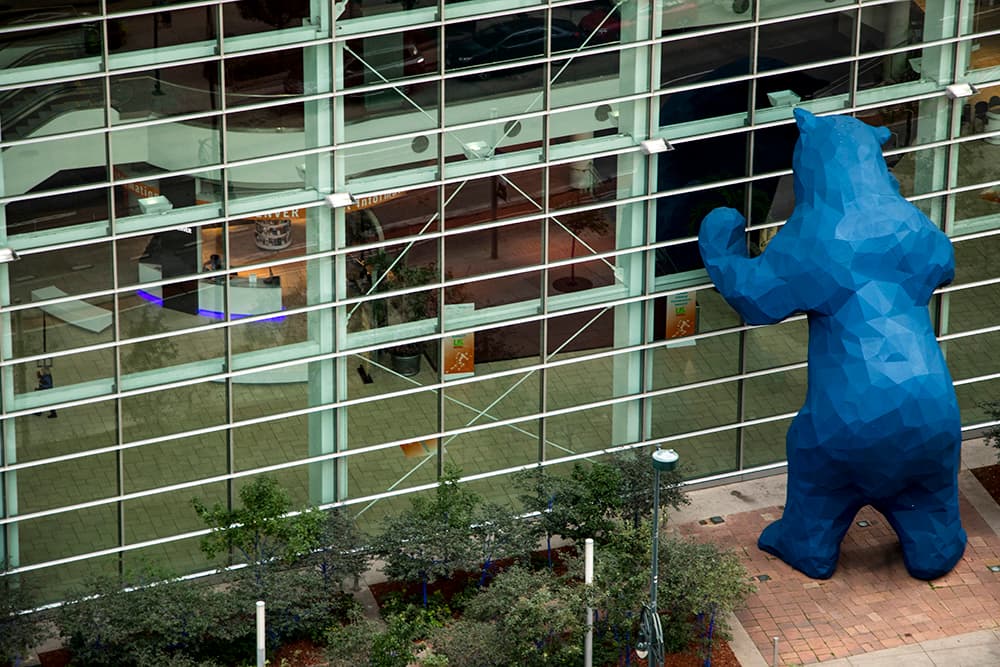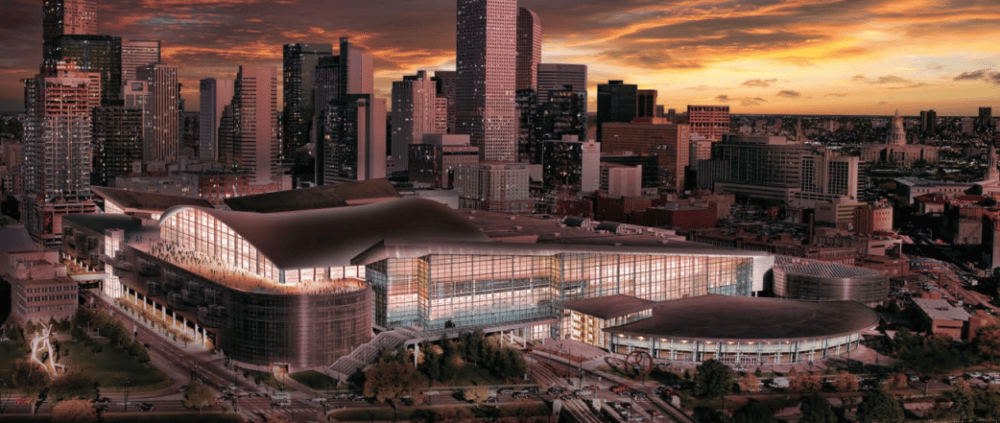
The overwhelming majority of Denver's large- and medium-sized hotels supported the creation of a Tourism Improvement District, a special taxing district that will levy a 1 percent tax on hotel guests to cover cost overruns at the Colorado Convention Center.
According to Visit Denver, 50 hotel owners voted in favor of the tax, and two voted against. The tax will be levied on stays at hotels with 50 or more rooms, and the owners of those hotels are who got to vote in this election. This will bring the lodging tax to 15.75 percent.
The Denver City Council authorized the creation of the taxing district, similar to a general improvement district or business improvement district, earlier this year. The more common kind of improvement district is funded with a special property tax approved by a majority of the members. This tourism district, to be funded with a lodging tax, is the first of its kind in the state.
Hotel owners came up with the idea because the Colorado Convention Center needs more money to complete a planned expansion. They see the convention center expansion as good for their own bottom line -- and they say it will be good for the region as a whole too.
The expansion plans call for 80,000 square feet of new ballroom/meeting space, a 50,000-square-foot rooftop terrace on the roof and additional back-of-house space, as well as upgrades to the building’s wireless technology and other equipment. It was originally estimated to cost about $104 million, but now that number is $223 million.
Supporters say the improvements are needed for the convention center to remain competitive and continue to attract a full range of events.
The tax would generate an estimated $8.7 million in its first year, with $3.8 million going to help finance the convention center expansion and the rest of the money going to marketing services and future capital improvements.













